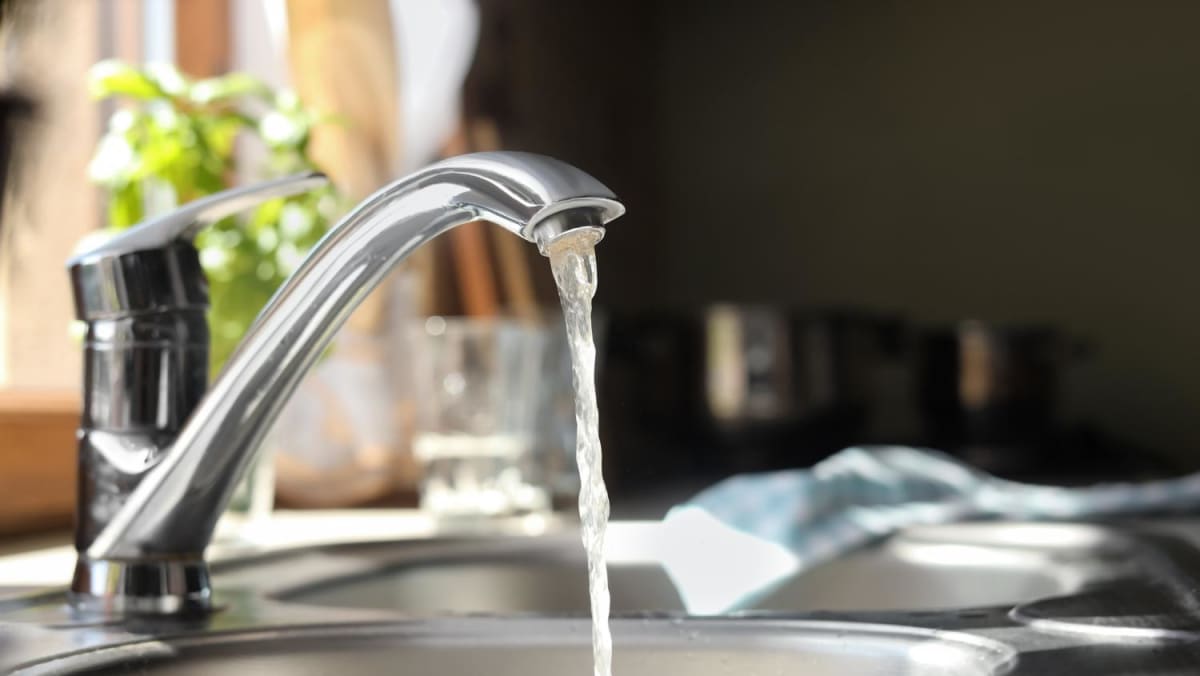
SINGAPORE — Water prices will rise by a total of 18.2 per cent in two phases over two years starting from April 1 next year. It’s the first increase since 2017, with financial help for low- and middle-income groups to be announced on Thursday (Sept 28), the Government said.
This increase is 50 cents per cubic metre (1,000 litres) of water, the national water agency PUB and the Ministry of Sustainability and the Environment (MSE) said in a joint statement on Wednesday.
They said that three-quarters of households here would see an increase of under S$10 per month in their water bills by the time the full hike kicks in from April 2025.
This is before accounting for government support, they added.
Similarly, about three in four businesses here — including small- and medium-sized enterprises — will see an increase of less than S$25 in their monthly water bills, PUB and MSE said.
The price hike is necessary to meet the “substantially” higher cost of producing and supplying water, they said.
It is also needed to maintain long-term investments to fulfil water demand that is projected to double by 2065 as a result of economic and population growth.
“The Government will provide additional financial support to help mitigate the impact of the water price increase and other cost of living concerns, especially for lower- and middle-income households,” they said.
Deputy Prime Minister and Finance Minister Lawrence Wong is set to announce a slew of additional cost of living support measures for Singaporean households on Thursday, according to the Ministry of Finance.
EXISTING AND UPCOMING SUPPORT
Eligible households can tap the Climate Friendly Households Programme to subsidise the cost of installing water efficient fittings, which can help bring down their water bills.
“In the coming year, there will be enhancements to extend the programme to more water fittings to support water savings,” PUB and MSE said.
Businesses can tap PUB’s recently enhanced Water Efficiency Fund to help reduce their water consumption through the installation of water-efficient and water-recycling systems.
PUB will work with the Ministry of Trade and Industry and relevant agencies to advise businesses against profiteering.
In response to media queries, PUB pointed out that for most businesses, including food and beverage and retail, utilities bills — which include electricity, gas and water — constitute less than 5 per cent of business costs.
A 50 cent increase for one cubic metre of water would translate to an increase of 0.05 cents per litre, or roughly 0.01 cent per cup of coffee, it added.